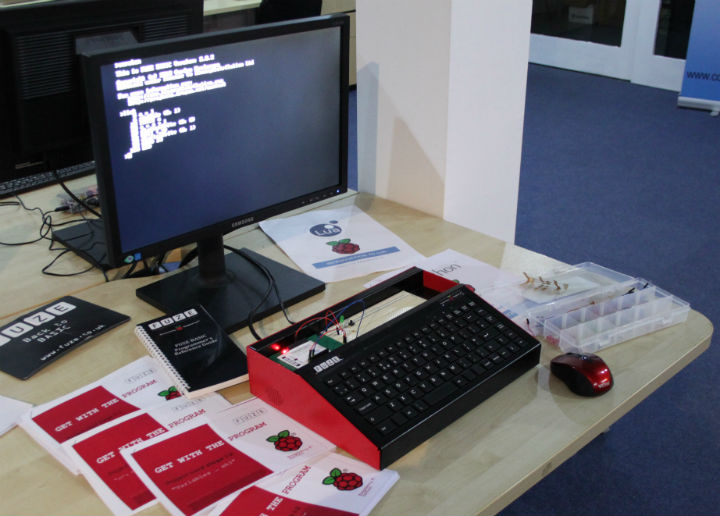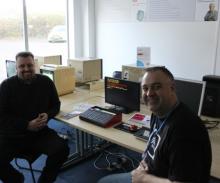The Centre for Computing History in Cambridge, UK, has announced that in the future it will collaborate with John Silvera (www.fuze.co.uk/author/jon), the inventor of FUZE (www.fuse.co.uk), a portable computer and workstation designed for educational purposes. A machine has also been donated by Silvera to the Centre. The FUZE will not be unfamiliar to anyone who has worked with the legendary BBC Micro, which debuted in 1981. The reason is simple ? it uses a similar BASIC programming language.
Andy Semark, one of the volunteers at the Centre, said that they loved FUZE: “It’s a really well designed system with the Raspberry Pi at the heart of it. It allows you to create simple circuits on the built in bread-board and control them from BASIC. It’s very reminiscent of the eighties and allows creativity not only in software but hardware too”.

BASIC was initially meant as a programming language for beginners to be used in various home computers existing in the 1980s; even the acronym “Beginners All-purpose Symbolic Instruction Code” refers to this intention. The general-purpose programming language was designed for educational purposes by J?nos Kem?ny and Thomas Kurtz at Darthmouth College in 1964.
Jason Fitzpatrick, director of the Centre said that “Although BASIC is no longer used in professional programming it is still a very good language to get to grips with the fundamentals of programming and ideal for those who have never programmed before. To be able to program a computer you need to be able to think logically and break a problem down into simple logical steps. The language you learn to do so is somewhat irrelevant.”
The collaboration between the Centre and Silvera looks promising because both parties are passionately committed to getting more children know and like the world of programming and electronics.

